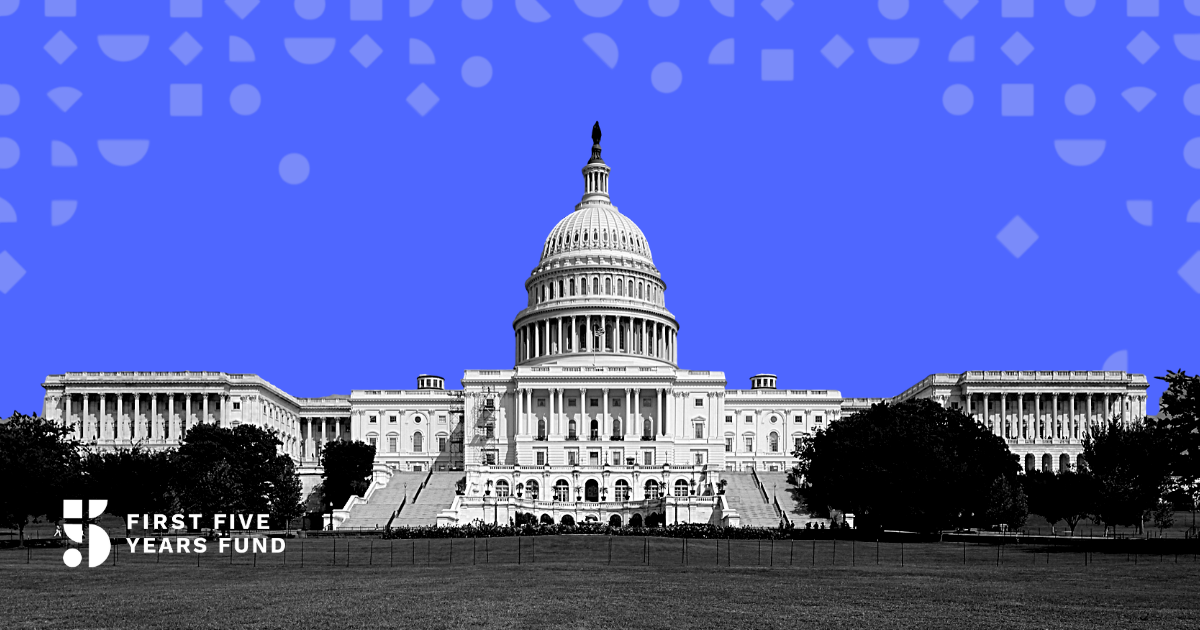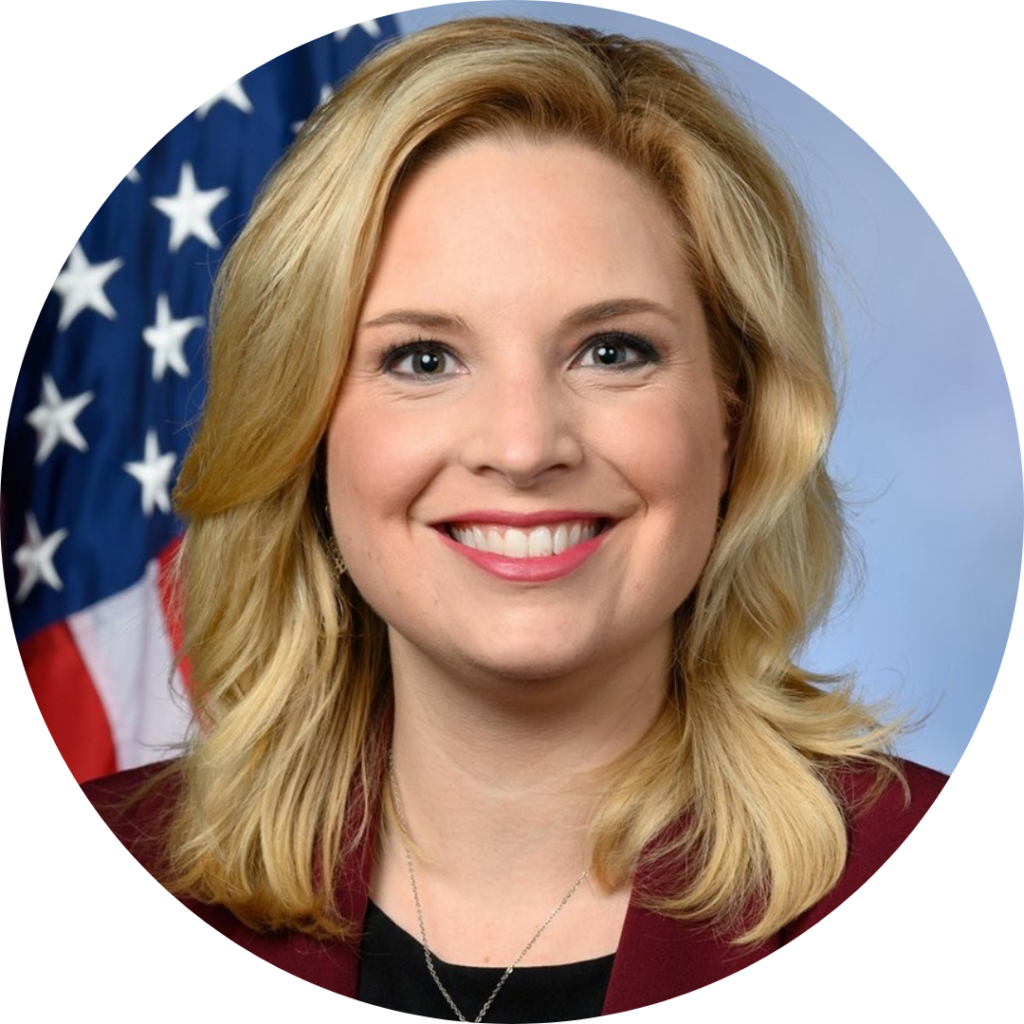Child Care in the House’s Most Recent COVID-19 Economic Stimulus Package

The House recently passed the Health and Economic Recovery Omnibus Emergency Solutions Act (the HEROES Act), a $3 trillion economic stimulus package introduced in response to the COVID-19 pandemic, which follows other legislative actions taken by Congress to help American families and businesses. Recognizing the essential role of child care — its proven benefits to a child’s learning and healthy development and its support of America’s labor market and economy by allowing parents to work or attend school — this legislation has included some provisions specific to the early learning and care industry, while investing in existing relief programs, as well as new programs, such as the Paycheck Protection Program (PPP), intended to offer assistance to businesses and individuals across the board, including child care. According to a recent survey, however, of the half of child care programs who applied for the PPP, only half, or approximately one quarter of the child care market, were approved for the loan.
After weeks in which this health and economic crisis have decimated the nation’s child care supply, it is clear lawmakers must include greater relief that is specific to the child care industry.
Here are the provisions and investments included in the HEROES Act that would be available to the child care industry:
- $7 billion for the Child Care and Development Block Grant (CCDBG) program. Funds are meant to supplement, not supplant State, Territory, and Tribal general revenue funds for child care assistance and may be used to:
- Continue to provide child care assistance to the essential workforce, regardless of income eligibility requirements;
- Provide relief from parental copayments or tuition payments;
- Provide assistance to eligible providers, even if they were not receiving CCDBG assistance prior to the public health emergency, for cleaning, sanitation, and other activities necessary to maintain or resume their operations
- Allow lead agencies to de-link attendance from reimbursement during the public health emergency;
- Allow lead agencies to place conditions on payments made to providers to use a portion of their funds to continue to pay staff wages
- $850 million for the Social Services Block Grant (SSBG) to fund child and family care for essential workers, including health care sector and emergency response workers and other workers deemed essential by state or local officials, regardless of income. States would have several options for providing care, including reimbursing workers directly for care they obtain themselves, paying child care and adult care providers, and setting up emergency child care. The bill prohibits states from using these funds to supplant state funding used for child care or from excluding essential workers by requiring a means test for services.
- Amendments to tax provisions that benefit families with children, including changes to:
- Make the Child Tax Credit fully refundable for 2020; increase the amount to $3,000 per child ($3,600 for a child under age 6); make 17-year-olds qualifying children; and require the Secretary to make best efforts to provide the enhanced credit in the form of an advanced payment.
- Make the Child and Dependent Care Tax Credit fully refundable for 2020; increase the maximum credit rate to 50 percent; amend the phaseout threshold to begin at $120,000 instead of $15,000; and double the amount of expenses eligible for the credit to $6,000 for one qualifying individual and $12,000 for two or more qualifying individuals
- Increase the exclusion for employer-provided dependent care assistance from $5,000 to $10,500 (or $2,500 to $5,250 in the case of a separate return filed by a married individual) for 2020; and
- Allow participants of dependent care flexible spending arrangements to carry over up to the annual maximum amount of unused dependent care assistance benefits or contributions from 2020 to 2021.
The bill also includes $100 million for the Maternal, Infant, and Early Childhood Home Visiting program (MIECHV) in 2020. Among other provisions, through January 31, 2021, the bill allows MIECHV programs to conduct virtual home visits as needed to comply with public health directives, including helping families acquire needed technology; train home visitors on providing virtual services and assisting families with emergency preparedness and response; provide emergency supplies to families; and provide prepaid debit cards to families to help meet emergency needs. More information about the bill’s supports for young children, their families, and child care providers is available here.
This legislation comes on the heels of a bipartisan letter signed by 23 U.S. Senators from across the country calling for significant federal support for child care in any forthcoming COVID-19 recovery packages. Without substantial, specific relief that addresses the range of issues being faced by child care providers and the families they serve, there may not be a child care industry left to keep America working. Going forward, FFYF will continue to collaborate with members on both sides of the aisle to ensure that they understand the tremendous needs of the child care industry.
Subscribe to FFYF First Look
Every morning, FFYF reports on the latest child care & early learning news from across the country. Subscribe and take 5 minutes to know what's happening in early childhood education.



